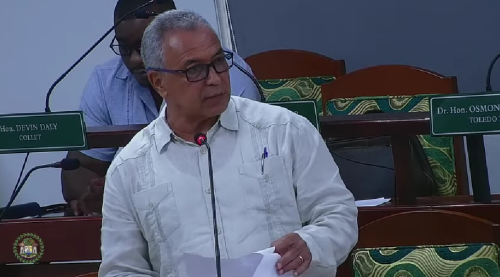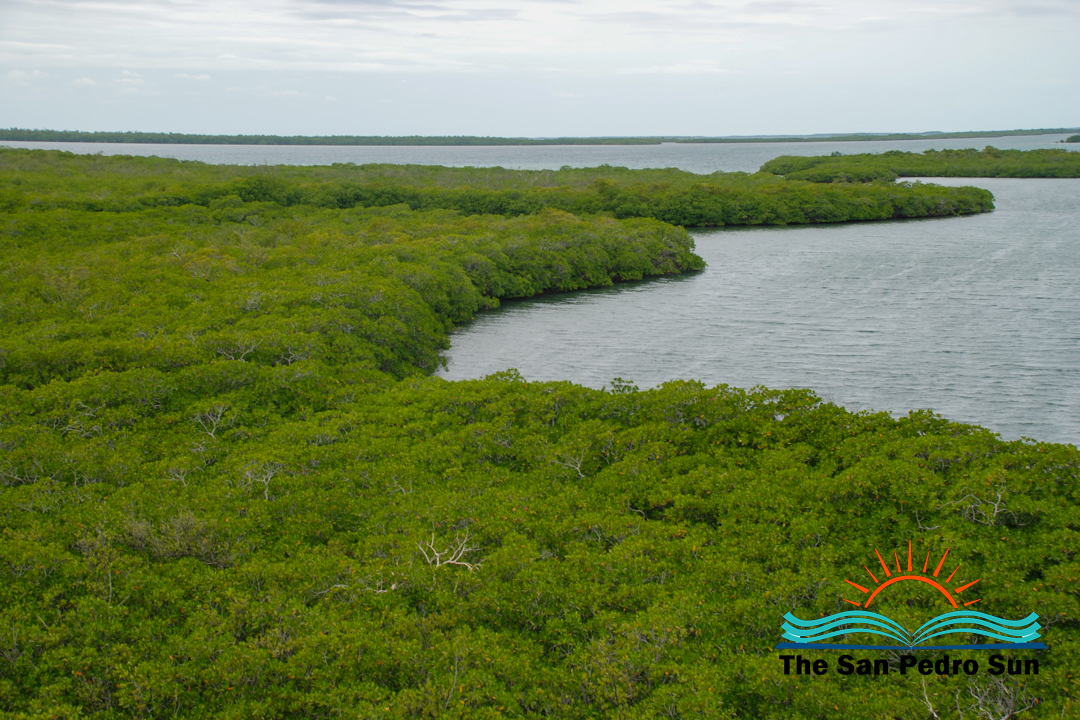During a recent sitting of the House of Representatives in Belmopan, several bills were introduced, including the first-ever Climate Change and Carbon Market Initiatives Bill, 2025. The legislation was presented by the Honorable Orlando Habet, Minister of Sustainable Development and Climate Change. According to him, the bill sets a legal and constitutional foundation and establishes structures to protect the country’s land, waters, and people.

Habet told the House on September 12th that the initiative will allow Belizeans to benefit from new opportunities in the global carbon market. A new institution to emerge from the legislation will be the Belize National Climate Change Council, serving as the highest policy body for climate action. “It will be accompanied by the Department of Climate Change and a National Transparency Unit,” Habet explained. “There will also be a carbon registry and the introduction of a high-integrity carbon market in Belize that protects landholder rights and guarantees free, prior, and informed consent for indigenous peoples and local communities.” The bill further provides for compliance and enforcement mechanisms, including penalties for violations. The minister emphasized that the passage of the bill will pave the way for investment and direct financing to be put into the hands of communities.

With the government’s backing, Habet said the legislation is timely, as Belize has long been a leader in conservation. “For years, Belize has been on the front lines of the climate crisis, with hurricanes stronger than ever, droughts and diseases threatening our farmers, and seas that rise to claim our coasts. These are no longer distant warnings but lived realities for every Belizean,” he said. “A moment that says to our farmers, our fishers, our youth, and our children, we will not leave you behind, and we will not leave you unprotected,” Habet called on every member of the House to support the bill. “Together, let us pass this bill and mark the beginning of a new Belize, resilient, sustainable, and full of green opportunity,” he added. The bill received majority support and was passed.
Environmental stakeholders have welcomed the legislation and are eager to see its results. Habet noted in earlier interviews that financing climate change projects has been a persistent challenge. “If we can get to know our climate projects with the carbon bill, the selling of carbon credits, that gap will be narrowed and we can get some of the grants from outside, in addition to grants, get low, low-cost financing,” he said.
The government will also pursue additional resources and partnerships at this year’s United Nations environmental summit, the Conference of the Parties (COP), to be held in Brazil. “We are actively seeking at this COP again, to try to see how countries can increase their contribution not only to the adaptation fund, but to mitigation, but also now that we have the Loss and Damage Fund established, to see how quickly we can also start getting funding for loss and damage. A lot of it would be for restoration purposes and adaptation; it is one area that we are looking at,” Habet said.
The passage of Belize’s first Climate Change Bill not only strengthens national resilience but also positions the country as a model for other small developing nations grappling with the disproportionate impacts of climate change. By establishing legal frameworks for carbon markets, promoting transparency, and fostering community involvement, Belize is aligning itself with international commitments under the Paris Agreement while ensuring that local communities directly benefit. This step signals to the global community that even small nations can play a leading role in shaping sustainable, climate-resilient futures.


